Members of Parliament have urged the government to urgently rehabilitate the National Railways of Zimbabwe (NRZ), warning that the country's expanding mining sector is overwhelming the transport network and accelerating the deterioration of key highways.
The call, made by the Parliamentary Portfolio Committee on Transport, follows years of stalled efforts to revive the state-owned parastatal, whose operations have been crippled by obsolete infrastructure, inadequate rolling stock, and mounting debt.
In an interview, committee chairperson Tawanda Karikoga said the revival of NRZ had become a matter of national urgency as the mining boom places immense pressure on the country's road system.
"There are many things that we are pushing for as a portfolio committee," Karikoga said. "The ministry we oversee has about nine parastatals under it, but on this tour, we are concentrating on transport infrastructure, mainly the road network, which we appreciate the President is addressing.
"However, we are also pushing for the revival of the NRZ so that it eases pressure on our roads. We want NRZ to start transporting minerals again, and we are also urging the department of roads to set clear performance targets."
Karikoga said Parliament was particularly concerned about the growing number of overloaded trucks ferrying minerals, which are severely damaging highways — especially along major mining corridors.
"We need more tollgates and weighbridges to ensure trucks comply with load limits because overloading is causing serious damage to our roads," he said.
To fast-track the rail revival, Karikoga said the committee plans to engage the Mutapa Investment Fund, which manages state assets, to review NRZ's rehabilitation strategy and ensure concrete progress is made.
NRZ's collapse over the past two decades has been marked by falling freight volumes, disused infrastructure, and abandoned wagons. Efforts to attract investment have repeatedly faltered — including a US$400 million joint venture with the Diaspora Infrastructure Development Group and South Africa's Transnet in 2017, which collapsed after three years of stalled negotiations. A subsequent proposal by a Russian consortium also failed to materialise.
"We want NRZ to be back on track," Karikoga said. "If you listen to what the Minister of Finance says, mineral production in this country has tripled — that means NRZ must now be operational and move those minerals efficiently."
Official data confirms that Zimbabwe's mining output has surged in recent years, driven by gold, platinum, and lithium production. However, lawmakers warn that continued reliance on road transport is unsustainable, as it accelerates road damage, inflates maintenance costs, and weakens economic competitiveness.
While the government has prioritised road rehabilitation through initiatives such as the Emergency Road Rehabilitation Programme (ERRP), MPs say restoring the rail system is now essential to sustaining economic growth.
"The roads are being fixed, yes," Karikoga said, "but without a functional railway system, our infrastructure will continue to deteriorate faster than we can repair it. Rail transport must be at the centre of our long-term development strategy."
- Zimbabwe Independent
 Zimbabwe targets $1 billion reserves
Zimbabwe targets $1 billion reserves  SA decry 'non-existent' Beitbridge border post security
SA decry 'non-existent' Beitbridge border post security  'Some very strange things are happening in China!'
'Some very strange things are happening in China!'  Zimbabwe's dollar stock exchange surges 45%
Zimbabwe's dollar stock exchange surges 45%  Gold edges up as traders await guidance
Gold edges up as traders await guidance 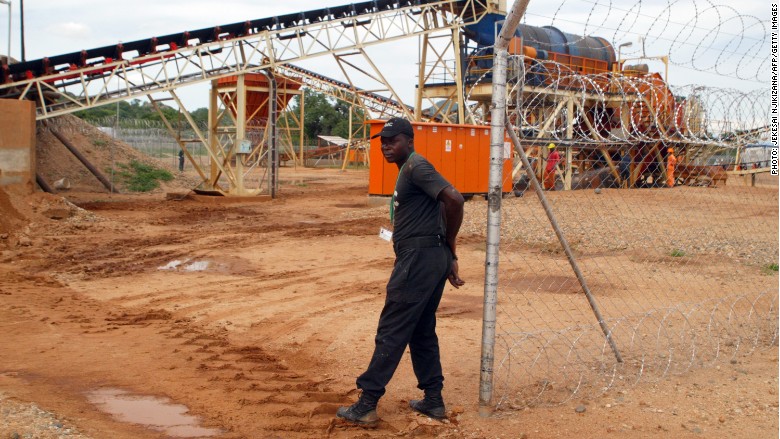 Zimbabwe's diamond deal sparks controversy
Zimbabwe's diamond deal sparks controversy  Young Investment Professional (YIP) Graduate Programme 2019
Young Investment Professional (YIP) Graduate Programme 2019 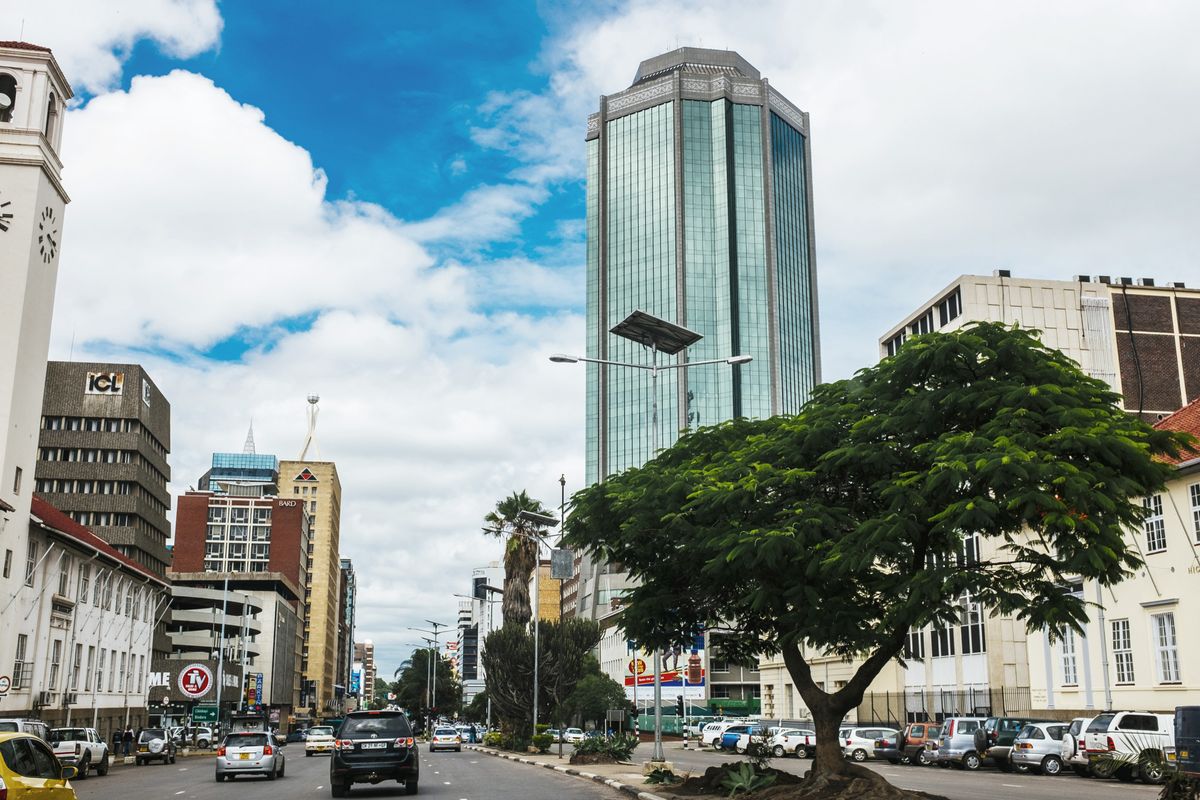
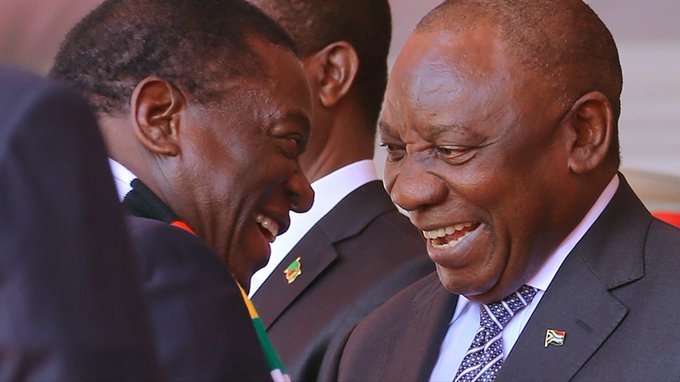
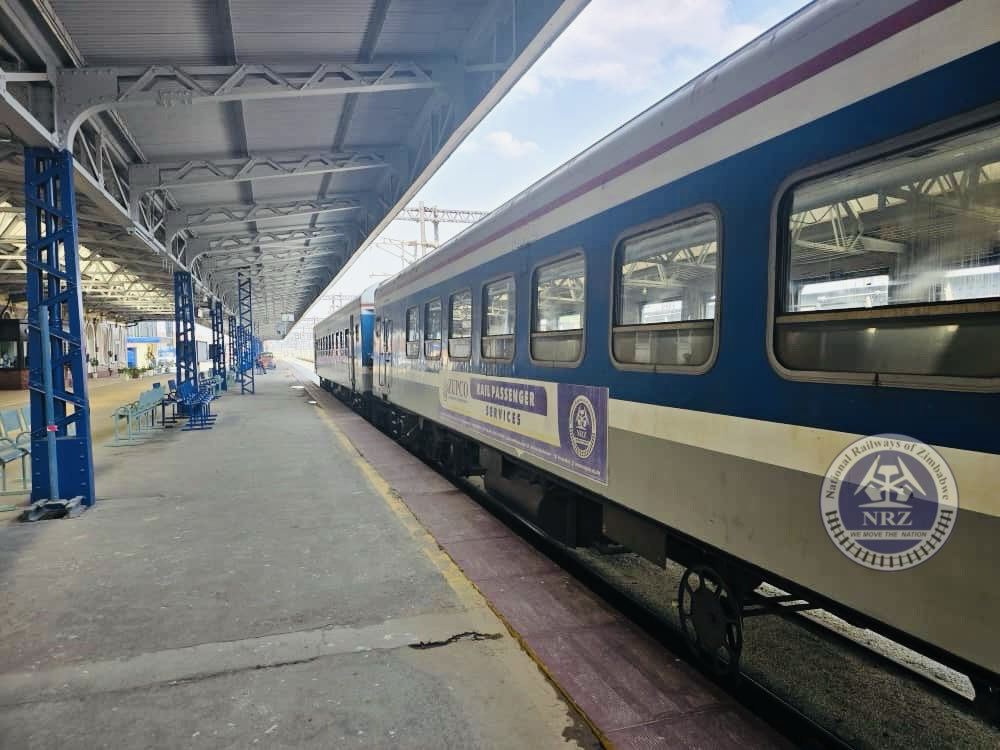
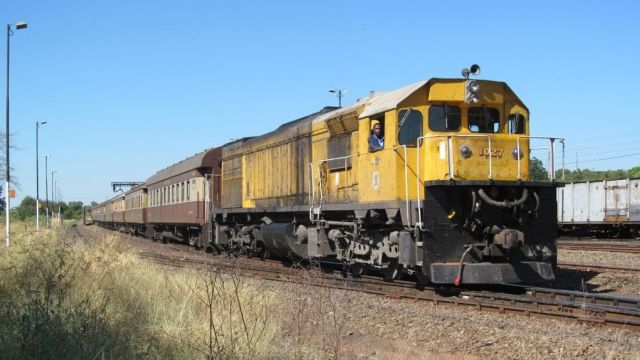


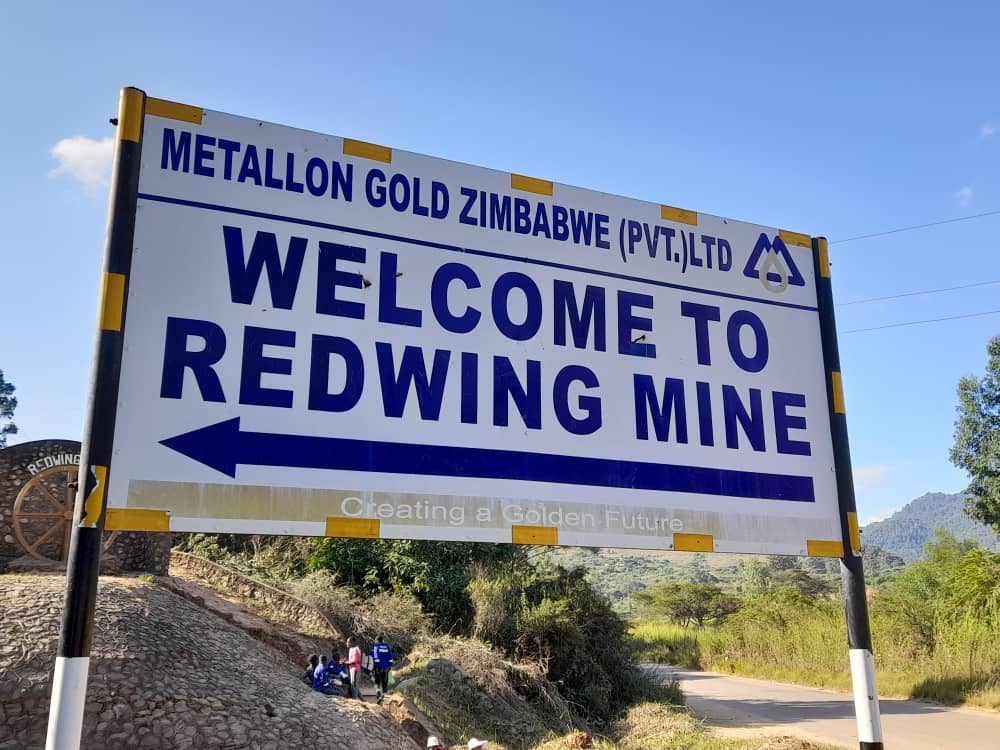
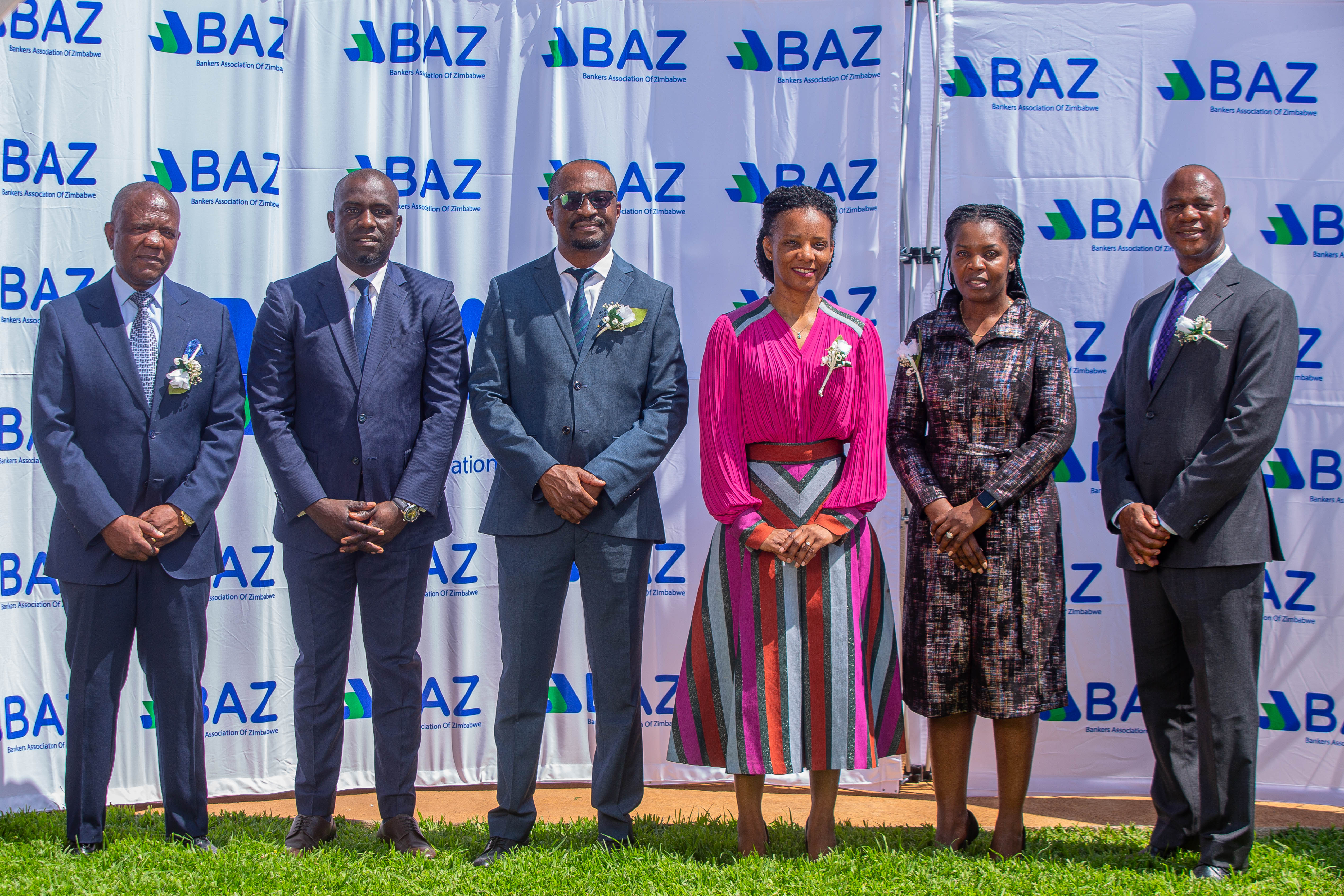
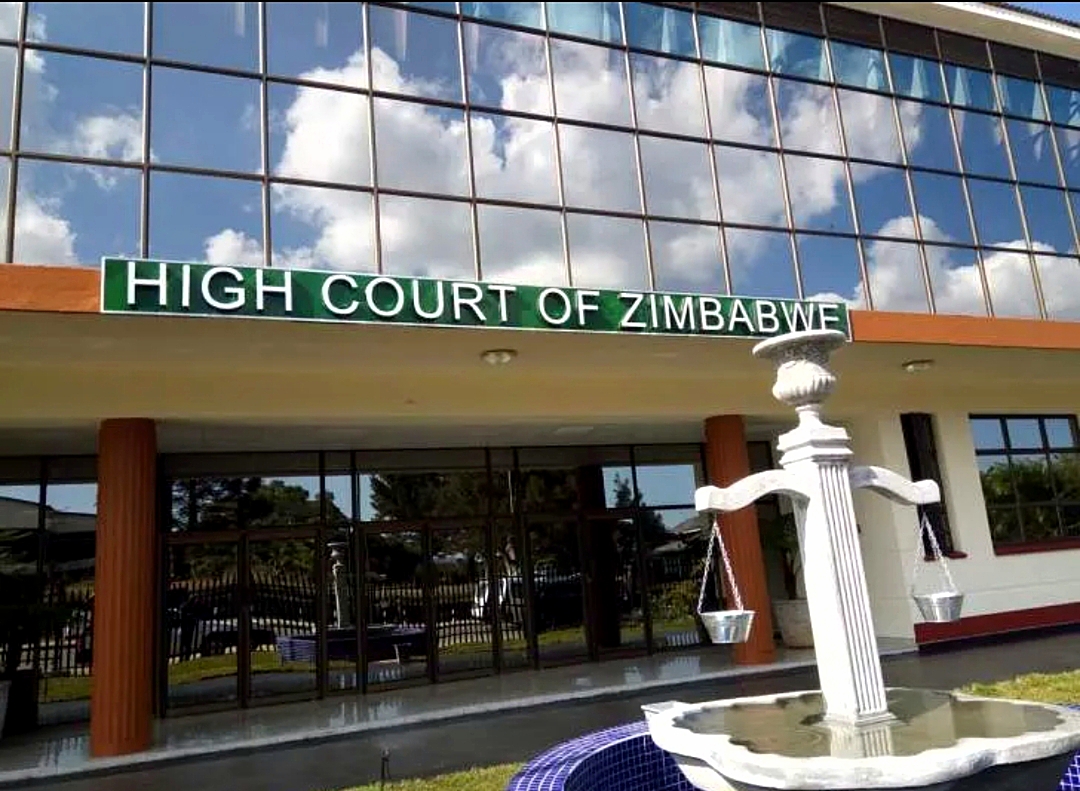


 Young Investment Professional (YIP) Graduate Programme 2019
Young Investment Professional (YIP) Graduate Programme 2019
Editor's Pick